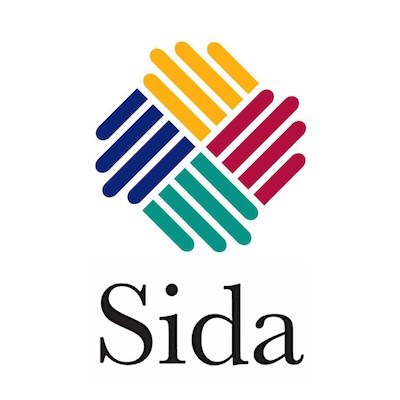In December 2014 ISET-PI has been awarded a 5-year grant by the Swedish International Development Agency (Sida) providing the Institute with the opportunity to transform itself into the premier economic policy think-tank in the South Caucasus. To achieve this objective, ISET-PI is currently in the process of forming four new specialized policy research centers to work alongside the Institute’s Agricultural Policy Research Center (APRC). These four new centers will address the following priority areas: i) macroeconomic and financial regulation; ii) social policy; iii) private sector development; and, last but not least, iv) energy and environment. An additional grant from the Think Tank Fund of the Open Society Institute will be used to strengthen ISET-PI’s linkages with international partner institutions and to increase its presence in print, social and electronic media.
ISET-PI’s Agricultural Policy Research Center (APRC) was the first center to be established with a generous 3-year grant by the US Agency for International Development already in June 2014. APRC thus gave us the chance to pilot different operational modalities and analytical products before they are taken up by other centers in the course of 2015. At the core of APRC’s model is the synergy between teaching (agricultural economics) in ISET’s MA program, on the one hand, and engaging ISET faculty, students and graduates in training, research and outreach activities, on the other.
The latter include internships and field visits, regular analytical activities and one-off research projects, trainings and debates targeting relevant government agencies, businesses and civil society stakeholders. The idea is to ensure analytical depth and continuity – a radical departure from the “chasing the next project” predicament of most small NGO’s and think tanks in our part of the world.
Along with BP, Open Society Institute and the Governments of Georgia, Germany and Norway, Sida has been a key supporter of the International School of Economics at TSU since its inception in 2006. Student scholarships and core funding provided by Sida allowed ISET to graduate seven cohorts of well-trained Georgian, Armenian and Azerbaijani economists, making a major contribution to the modernization agenda of the three South Caucasus nations.
In 2011, Sida renewed its commitment to ISET, helping to introduce applied concentrations in ISET’s MA program and to launch the affiliated Policy Institute (ISET-PI). During this phase, Sida became the School’s largest donor, allowing ISET to solidify its programs, and to ensure the School’s longer term financial and intellectual sustainability.
Sweden has a long tradition of promoting modern economics education and research in Eastern Europe and former Soviet Union countries. In addition to ISET, the universe of Sida-supported institutes includes ISET and two other graduate economics schools in the region: the Moscow-based New Economic School (www.NES.ru) and the Kyiv School of Economics (www.KSE.org.ua). Sida is also behind a major professional network bringing these schools and affiliated policy institutes together. Coordinated by the Stockholm Transition Economics Institute (www.hhs.se/SITE), this network includes, in addition to the above schools, sister economic policy think-tanks in Riga (www.BICEPS.org/en), Minsk (www.eng.BEROC.by), and Szczecin (www.CENEA.org.pl/en).
ISET wishes to thank the Swedish government for its continued support and applauds Sida for its long-term commitment of improving economic policies in Georgia and elsewhere in the transition region.











